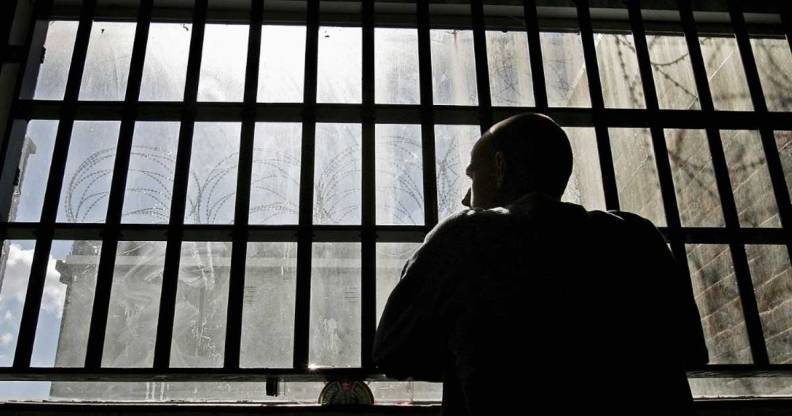Former inmate claims LGBT people spend more time in solitary confinement

A former inmate has claimed that LGBT+ prisoners are disproportionately subjected to solitary confinement. (Creative Commons)
A former inmate in a Massachusetts prison has claimed that LGBT+ prisoners spend more time in solitary confinement than non-LGBT+ inmates.
Michael Cox told the Massachusetts judiciary committee on Tuesday (October 10) that he spent a month and a half in isolation after reporting that he had been a victim of sexual assault while incarcerated.
The gay former prisoner also said that he was given more time in solitary after he hugged another gay man goodbye.
His testimony was part of a hearing for a bill (S.905) presented by state senator Julian Cyr. If passed it would require prisons to collect voluntarily-disclosed sexual orientation and gender identity information for inmates held in solitary confinement.
“It’s meant to be a tool to manage people who are a danger to the general population, but we increasingly are hearing that queer and transgender individuals in the correctional system are being held in restrictive housing in what is essentially being claimed to be their own protection,” Cyr said at the hearing, according to radio station WBUR.
“We have some significant concerns about this. There’s minimal information around how long LGBTQI folks in the correctional system are being held and the bill seeks to close the gap in understanding safety for LGBTQI folks.”

Michael Cox spent 45 days in solitary confinement after reporting a sexual assault. (Envato)
According to WBUR, Cox also said at the hearing: “Within the prison system there are several clear pathways for an LGBT person to end up in solitary confinement.
“I reported an act of sexual violence and I spent 45 days in solitary confinement. This is both a deterrent to report future acts of violence against me and it has a chilling effect on all other queer people.”
He added that the bill was “merely just track and count people like me and countless others who are subjected to this practice so that we can make more informed decisions.
“This is a bill that really, there should be no opposition to it because it is a very easy addition to an already existing data collection practice that will provide critical information for a serious problem.”
Cox is now the director of policy for the Boston chapter of Black and Pink, a non-profit which wants “to liberate LGBTQIA2S+ people/people living with HIV who are affected by that system, through advocacy, support, and organising.”

